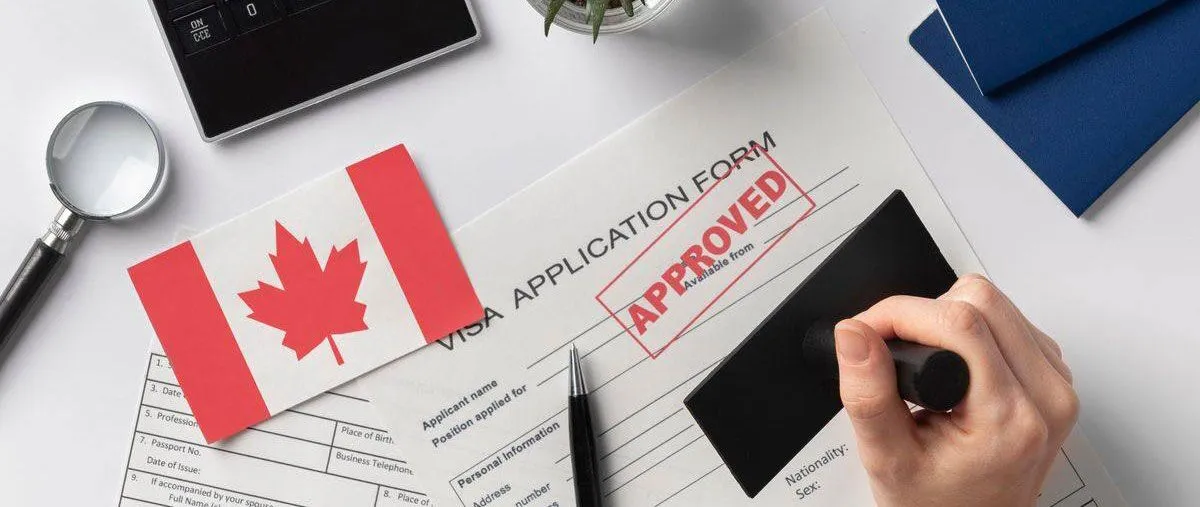Experiencing delays in your Canadian immigration application? A writ of mandamus may be helpful
Two issues involving processing delays in immigration and study permit applications were recently decided by Canadian federal courts. In both cases, the applicant requested that the court issue a writ of mandamus requiring Immigration, Refugees, and Citizenship Canada (IRCC) to process their application.
A writ of mandamus is a legal remedy that requests that the courts require the IRCC - or another administrative institution - to issue a decision within a certain time frame.
In one case, the lead applicant Ms XYZ, her husband, and their three children petitioned the court to grant a writ of mandamus to compel IRCC to complete their application for permanent residency, which was filed in 2016.
The family applied through Express Entry and was nominated through the Provincial Nominee Program (PNP). XYZ was invited to apply for permanent residence under the PNP in 2017. Ghaddar had repeatedly requested updates from IRCC since 2018, but had gotten little information about her application.
The family met the grounds for a mandamus order, as the delay was manifestly undesirable and unreasonable under the circumstances, according to the court. Furthermore, IRCC was unable to provide any explanation or justification for the delay.
The court ordered IRCC to execute the family's application within 90 days and awarded the family $1,000 in damages for keeping them in the dark for so long.
The significant conclusion of this decision is that a writ of mandamus is an unusual remedy that requires a series of standards to be met before issuing a mandamus. As demonstrated by these examples, the conditions and requirements for a mandamus can be difficult to meet and will be granted only when there is severe prejudice and no other acceptable remedy is available to the applicant.
If your application is experiencing significant delays, a writ of mandamus may be an option for you; however, this is normally a last resort. Other actions you should take before requesting a mandamus may be beneficial.
What are your alternatives?
IRCC has service guidelines that outline the typical application processing periods. However, these processing requirements may be subject to delays, resulting in processing timeframes that exceed the IRCC's service standard.
To avoid unnecessary delays, you should first confirm that all documentation and needed applications are up to date. You can also monitor the status of your application on the IRCC website, which provides a processing tool that is supposed to correctly indicate the predicted wait times.
You can either submit a webform query or phone the IRCC customer service centre to inquire about your application and receive a substantial response and explanation for the delay. If your questions to IRCC go unanswered or are unsatisfactory, you may be able to request a status update from a local member of Parliament.
You can also file an ATIP, or Access to Information and Privacy Application. An ATIP is a request for information from an applicant's Global Case Management System (GCMS). You may also request Computer Assisted Immigration Professing System (CAIPS) notes or Field Operations Support System (FOSS) notes in addition to the GCMS notes.
The remarks will include information on the IRCC officer's concerns or doubts about your application and will let you know if there is a problem with it. It also allows you to provide extra documents or evidence to resolve any issues or concerns.
Finally, you may choose to hire a lawyer to file a formal request letter through the IRCC's webform. This letter will explain how the delays in your application have harmed you and the steps you have already taken to follow up with IRCC.
How are processing times determined?
IRCC's processing timeframes are historical, which means they are based on how long it took to process 80% of previous applications.
Provincial applicants, for example, could expect a nine-month processing time through Express Entry, whereas an application for a study permit from outside Canada should take seven weeks.

Comments
Post a Comment